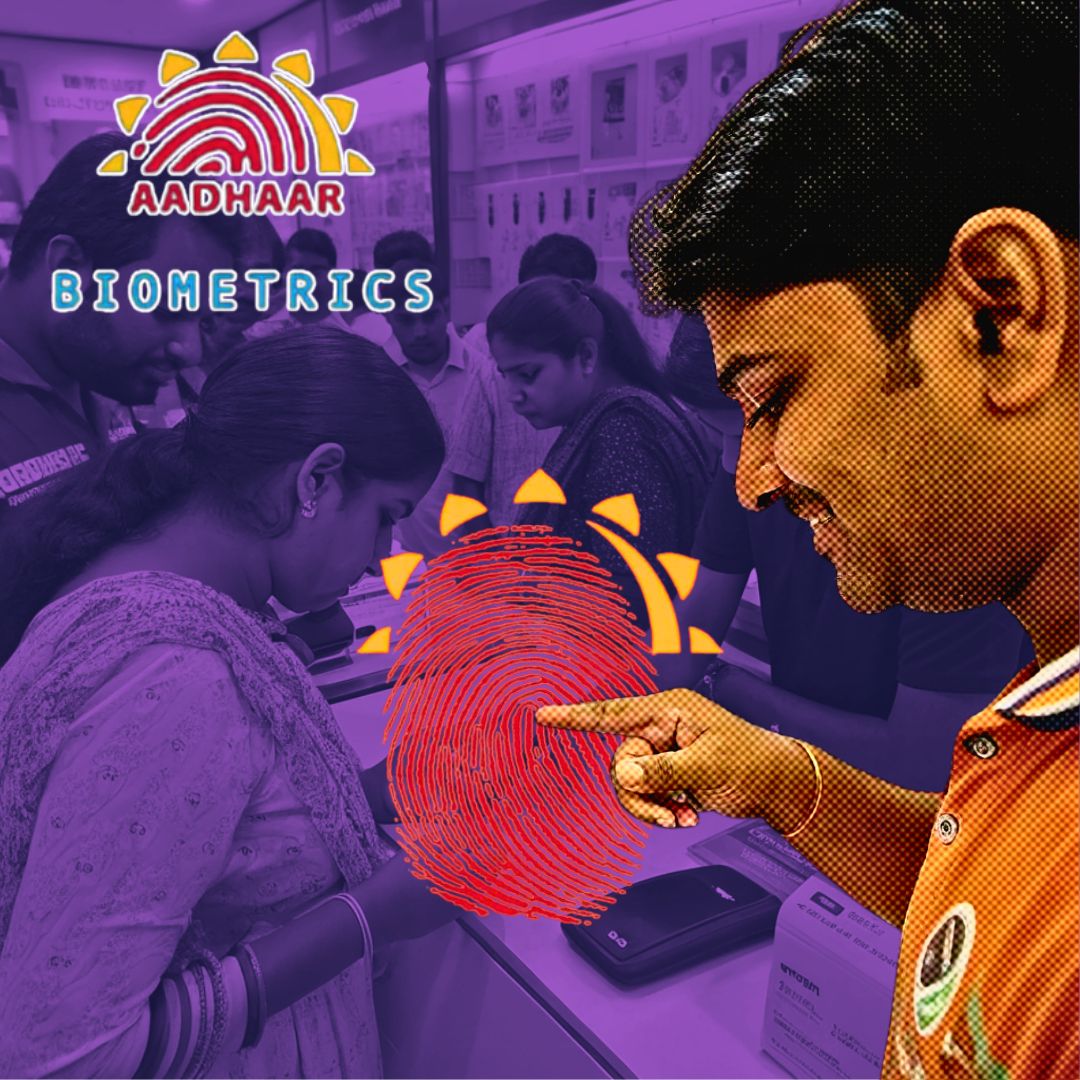The Indian government has mandated Aadhaar-based biometric verification for acquiring new SIM cards to combat fraud and cybercrime. This requirement, now in effect, follows the alarming misuse of mobile connections for scams. Telecom Minister Ashwini Vaishnaw stated that the move aims to address the 20% of sold SIM cards that have been misused. The legislation will also apply to existing mobile users, ensuring a comprehensive identification process.
New Regulations to Enhance Security
The Indian government’s recent mandate requiring Aadhaar-based biometric verification for new SIM cards is now in effect, aimed at combatting the surge in fraud and cybercrime linked to the misuse of mobile connections. Following a comprehensive review of the telecom sector, it was revealed that counterfeit SIM cards have been instrumental in facilitating financial scams, with investigations uncovering instances where a single device was associated with multiple fraudulent SIMs. This alarming trend has prompted the Prime Minister’s Office (PMO) to direct the Department of Telecommunications (DoT) to enforce stricter identification protocols for new connections.
Implementation Details and Penalties
Under the new regulation, retailers are prohibited from activating SIM cards without first verifying the applicant’s Aadhaar details biometrically. Previously, customers could present various forms of government identification, such as voter ID or passports, to obtain a SIM card. Now, however, Aadhaar has become the sole acceptable form of identification for this purpose. Retailers found issuing SIM cards using fake IDs face severe penalties, reinforcing the government’s commitment to curbing fraudulent activities in the telecommunications sector.
Background and Broader Strategy
This legislative change is part of a broader strategy to enhance security in mobile communications and align with advancements in technology. The government has instructed telecom operators to collaborate with law enforcement agencies and leverage artificial intelligence tools to identify and track down perpetrators of fraud. This proactive approach reflects an urgent need to protect consumers and maintain the integrity of communication networks.
The Logical Indian’s Perspective
The Logical Indian advocates for a balanced approach that prioritises both security and individual privacy rights. While the intent behind biometric verification is commendable, it is crucial to ensure that these measures do not disproportionately affect those who may lack access to Aadhaar or face challenges in its use.
As this new regulation takes effect, how can we ensure that security measures are implemented without compromising personal freedoms? We encourage our readers to share their insights and engage in a meaningful discussion on this important issue.













